Emergency Forms of Communication
Over the years cell phones have evolved into a tiny handheld computer full of useful information that most people carry these days. Several of them are so affordable that there’s really no excuse not to have one. It’s also quite easy to get in touch with someone and communicate with them. Let’s check out these emergency forms of communication. In case you missed this post, Reverse 911 Emergency Notification System-Please Sign Up Today
Emergency Forms of Communication
But what happens when all cell phones and cell towers are rendered useless following a major disaster? Not something that you may think of too often, but one that’s important for you to answer for your own safety.
How will you be able to communicate with your loved ones that live in other parts of the country, or even just the other side of town? In your current situation, chances are, you won’t. It’s vital that you have other methods of reaching family and friends besides relying on a cell phone screen that one day is left blank. Here are a number of different emergency forms of communication that you need to know about.
Cell Phones
If an emergency or other disaster were to hit your area, there’s the real likelihood that your mobile network would be experiencing a surge in users, causing disruption on your end. Even if the line is saying that it’s busy, you can always use your cellphone to text or email messages to those close to you.
Social Media
Social media is another form of communication that can be used in an emergency. Facebook Safety Check is just one of the many great ways to determine if your loved ones are in a safe place following a disaster. Google Crisis Response is another one of those helpful platforms that can alert first responders, as well as for those that are needing to be rescued.
Landlines
Landlines certainly aren’t as popular as they once were, but they can be helpful if your cell phone or electronic device is limited or no longer functioning properly. Not only will it provide you with peace of mind, but it’s fairly inexpensive these days as well. If you’re dealing with a power outage for a number of days and you have no way of charging your cell phone, a landline would be a lifesaver.
What About When the Power Goes Out?
So all of these previous forms of emergency communication are extremely beneficial to have, but what happens after the internet or the power’s gone out? Here’s a look at several different ways to communicate that don’t involve electricity or Wi-fi service.
2-Way Radio
One of the best and most reliable ways to stay connected with members of your group is to get yourself a 2-way radio, or in other words, a pair of walkie-talkies. A 2-way radio set on a particular station/channel will allow you to stay in contact with someone instead of fighting to stay on a cell phone line. That’s because it may prove to be more difficult when the mobile network is experiencing a surge of calls.
Police Scanner
No, you obviously won’t be able to communicate on a police scanner, but you will have access to reliable and crucial information following a disaster. You’ll be able to hear from police dispatch, fire, emergency rescue, aircraft, and military industries so that you know what is going on in your area.
Citizens Band Radio (CB Radio)
Mostly only used by truckers today, a citizens band radio has a number of frequencies that can be used in emergency situations. A CB radio is an especially useful tool for short-distance communication. It works better than a 2-way radio, with more functions and is also slightly more complex. Channel 9 is generally the frequency that is used for communicating during an emergency for those who know little about CB radios.
Satellite Phone (Satphones)
You may notice that satellite phones are more on the pricier side, but if you live in an area where internet access is extremely limited, it would certainly be worth the investment. There are some satellite phones that have coverage all over the world because they depend on orbiting satellites instead of having to depend on cell towers for frequency.
HAM Radio
When cell phones, social media, and landlines all fail you, a HAM radio is one you should consider as a great backup plan. Your typical HAM radio handset will get you at least 10+ miles of communication, on average. When you add a repeater to that, you’re able to achieve communication with someone living halfway across the country.
Just be sure that you carry a repeater guide for your area instead of depending on the programming in the radio. If you plan to contact other family members living miles away, make sure that you share with them your frequency station, along with what time you will be listening.
Final Word
When it comes down to it, no one is ever 100% prepared and ready for a disaster or other type of emergency. But the ball is in your court whether your family is still left in the game long afterward. We take for granted how crucial communication can be, but following a major disaster it can be the difference between life and death.
To keep your lines of communication open, it wouldn’t hurt for you to consider using at least two or three of these methods of communication after the lights and the power have gone out. If you’re not able to carry them, find a safe place that you can store them until they’re most necessary. A natural disaster or emergency can strike at any moment.
Are you prepared? What are your favorite emergency forms of communication? Please be prepared now, we must. May God bless this world, Linda
Copyright Images: Emergency Call 911 Deposit photos_86729740_s-2019

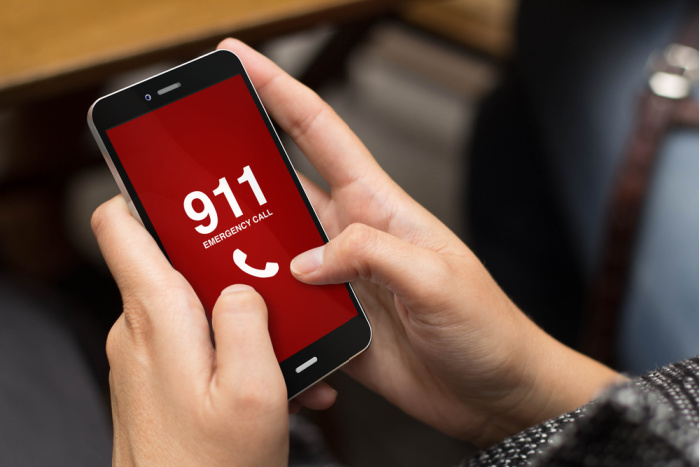

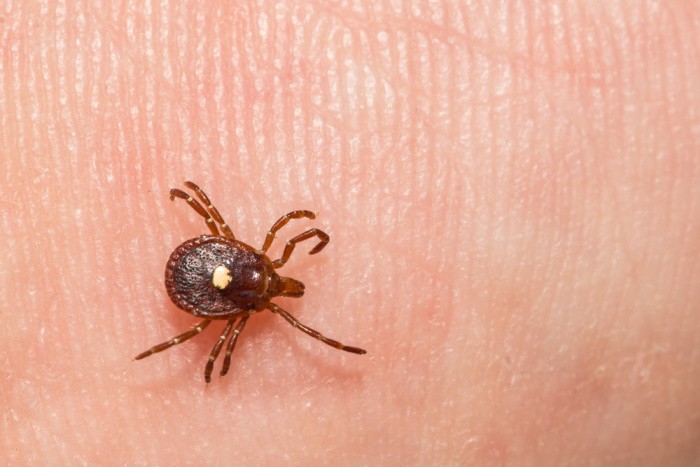

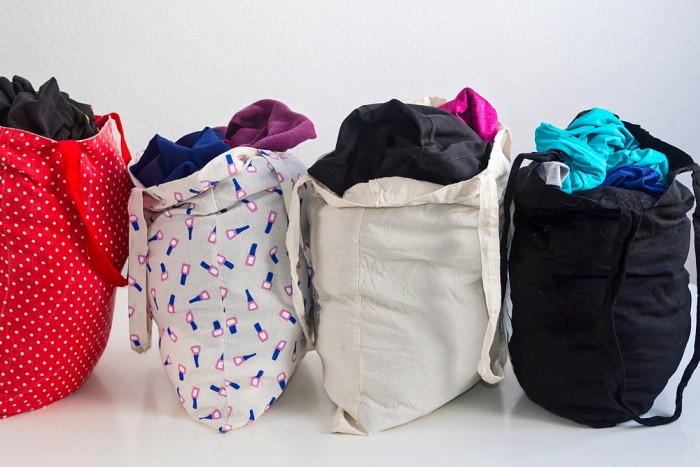
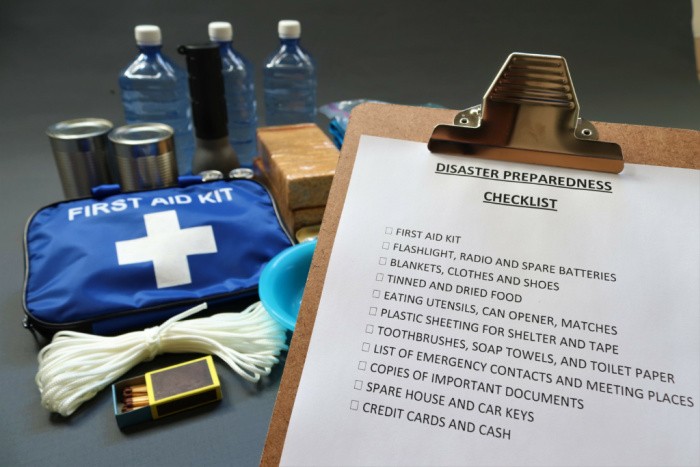
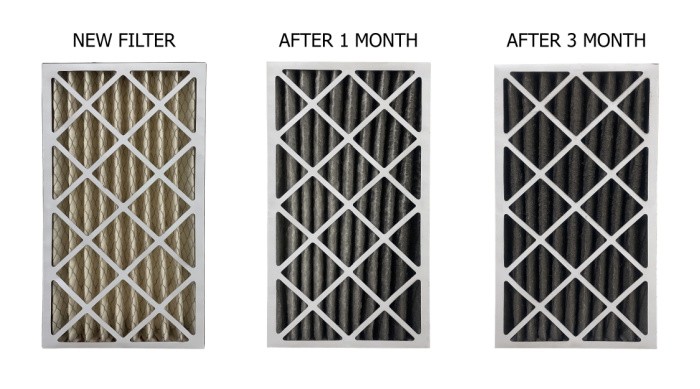
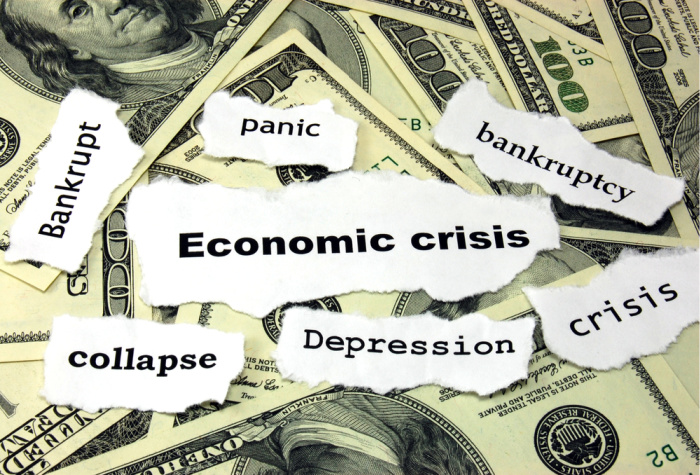













An APP that we use is Zello. it makes your phone into a walkie talkie. It runs on internet signal rather than cell signal so it works sometimes when the cell lines clog up like during tornado outbreaks. My son even called me in New Mexico from Oklahoma once when the cell signal wasn’t working. It’s not too difficult to learn.
I’ve got a comms guy which is good because it is a complex topic.
Sometimes folks resist communications, like my dad, for odd reasons. I bought my dad a set of walkie talkies and first thing he says is “I don’t want these cause they can find me”. I don’t know who “they” is thats looking for him lol. I said “Dad didn’t we just have to yell across 40 acres to fix a water pipe? and wouldn’t it have been nice to have a radio so we didn’t?”
He finally warmed up to the idea and guess what it’s a “good idea to have them when goes walking on the Kolorado BLM land by himself in the mornings”. Huh who woulda thought? Some days I’m routing for the bear cause he’s so aggravating lol.
Anyway get some even if they are simple because it helps tremendously during times of emergency.
Hi Matt, oh this conversation is the best with your dad! I have used Zello, I forgot about that one. Life is good! Linda
SMS messages (text messages, no pictures) are the best bet since they are extremely small. Also, some cellular networks push SMS over the control plane rather than data or voice connections. And best of all, the SMS messages will queue up for later delivery if the system is jammed up, so messages will get through even if a bit delayed.
Beware relying on landlines. Unless you’re lucky enough to still have a copper line from your home to the local telco switching station, it might not be as reliable as it was 20+ years ago. Modern phones tend to be VoIP connections over a data network which is great for keeping costs down, but if the data network has an issue, say loss of power, then the connection goes poof.
In the good old days the telco ran emergency generators at the switching stations, so the telephone network was always up short of an actual cable cut. Newer VoIP systems work fine until the local node’s backup battery runs down and then no more phones until power is restored. Doesn’t matter if you have a generator if a node between you and the ISP runs out of juice.
I really should look more seriously at getting a HAM license and some gear. My father is a HAM, but I never prioritized the time or money to get licensed and geared up. But the way our infrastructure is getting less resilient, it’s probably time to make that happen.
Thanks for keeping everyone informed!
HI DmWalsh, I have the Ham Radio Book and where to take the test and join some groups. But it seems my blog takes all of my time. No excuse, I really need to get on it. We finally got rid of our internet phones, most of the calls were sales/spam anyway. Now we just use our cell phones. The crazy thing is the Ham radio equipment is not that expensive anymore. Linda
Other things to consider for emergencies: 1) have a back up power source for charging the cell phone and other electronics – my emergency radio charges by a) electricity, b) solar, c) USB, d) crank and 2) have codes for texting – if I text or email my family members, we have decided on certain codes to say what we need – saves time and effort.
My sister lives in an area that does not have cell service – way off the beaten track. But, I can text messages and receive text messages. I cannot call anyone but I do have the text and email capabilities from her home.
Hi Leanne, great tip and reminder for those who have bad cell service. Linda
Land line phones that are connected directly to the wall as opposed to a cordless phone on a charging base, should always have power through that connection even when the power to your house is down. One phone in my house is always connected to the wall for emergency use. Reason enough in my book to keep it. You don’t have to worry about recharging your cell phone, except for that game of Candy Crush you want to play while waiting for the power to come back on. ( I keep several solar chargers just to keep the cell phone running.)
Hi Marie, I totally agree with you. I had a red phone for years that was not cordless. Great tip! Linda
This is wonderful!!! Thank you for this one. I’m a Katrina survivor. It was had to get a hold of my family to make sure they were all right. It took two weeks to find my oldest who had escaped to a city very north of NOLA. Boy, was I relieved was I relieved when I finally talked to her and found out where they were. These ideas make you think about it…seriously think about not being able to contact friends and loved ones when the SHTF stuff happens.
Hi Pamela, oh my gosh, we had a family going to Tulane for medical school there. It was so hard watching those cars trying to evacuate. Luckily, our friends had the money to fly the family out of there before everything got so much worse. They literally left there house for months and it was so bad when they got back there. They had to throw out 99% of everything because of mold issues. I can’t imagine not being able to get ahold of your oldest for two weeks. I’m getting anxiety just thinking about it. That was such a bad storm. Wow, thanks for sharing your experience. Linda
I have a SPOT that I always carry with me and keep charged just in case. Another viable option would be a Garmin In Reach, both are good for anyone to have for they are a way to send for help in any situation. I also have a medical id bracelet with a memory card type of thing in it that any first responder can easily access if I am not able to talk.
Hi Ravenna, thank you for your comment, I will look into the SPOT and the Garmin in Reach. Thank you, Linda
Hi Linda, The SPOT comes in at a lower price point than the Garmin InReach but doesn’t offer as many options/benefits as Garmin but both are essentially the same since they use Satalite in order to communcate and give your GPS coordinates. I use my SPOT as my everyday backup since I am often in the mountains and have spotty cell service at best. Here are the manufacturer links in order to learn more. https://www.findmespot.com/en-us/ https://buy.garmin.com/en-US/US/c12520-c12521-p1.html Both can be purchased at various retailers by the way.
Hi Ravenna, thank you so much for sharing the links!! Linda
No matter what format of communication you use, please……if you need to call 911, know the address you are calling from. Don’t laugh….. as an election inspector, I saw a married couple who lived together fighting over what their correct address was….college students in dorms don’t always know their correct building number.
A family member who is a 911 operator also told me Do Not make the assumption when you call from a cell phone that they “know” where you are. Often with a Landline they can come close, but with cell phones it depends on the towers and can be off by 1/2 a mile.
Please also know the police and fire non-emergency numbers, and think before you dial what you need from them. Hint…..your ex husband 5 minutes late bring home your child may take an officer away fron a real emergency……just saying….
Hi Chris, wow, just wow, the ex-husband story. Thanks for sharing, nothing surprises me anymore! LOL!
Hello! Some things of which all need to be aware.
Police scanners, at least in this area, run across several channels. They do not stay on one as they used to years ago. It keeps their calls more secure, but may sound like rubbish if one is listening because different speakers and incidents will be heard.
Cell phones, which includes every app including Zello, only work when there is power. The phones *and* the cell towers must have power. Damaged and destroyed cell towers will not relay the calls or texts. As they are repaired and come back in service, text messages will be sent first as they use less bandwidth than a call. As the cell phones search for a tower, it s quite possible that texts will be repeated to your phone because the system is not recognizing the texts already went through the system to the recipient. After Hurricane Irma, I had texts arrive on my phone 10,15 times and more. Because of the damage to our cell towers, our county lost a significant amount of capacity. I think it was around 35% to 65% capacity. It took weeks for them to be repaired and weeks for the power to be restored to those towers which lost power. Add to the loss of capacity that everyone is now crazy trying to make sure loved ones are safe, and you have a real logjam. The system can’t handle the traffic in those situations. As always dmwalsh has excellent information. Having external batteries for your cell phone and solar chargers is very helpful.
Chris is absolutely correct about 911. Spurious calls can be considered abuse of 911, but I don’t think this group would do that. He is correct in saying you must know your address. I was involved in an emergency situation and did not know the address. I had to ask the victim, who was terribly distraught, for the address when I called 911. And Chris reminds me of a tip from travel: if you are staying at a motel or hotel, get their business card when you check in. The address is right there if you need it.
Ham radio can literally communicate all over the world. Unfortunately, you don’t always know where the radio frequency will take you. I was with a friend years ago who was trying to reach anyone in the Caribbean. A hurricane was coming and he was trying to track it. On another occasion, he talked with someone in Eastern Russia and another person on the West Coast of the US in the same session. We were on the East Coast!
Being able to communicate is especially important in and after an emergency. Thank you, Linda, for this post!!
Hi Teddy, oh my gosh I LOVE LOVE LOVE your comment! Those who have been through major power outages are the ones like you and dmwalsh that can give us the real deal in information. Thank you for sharing your thoughts today. Linda